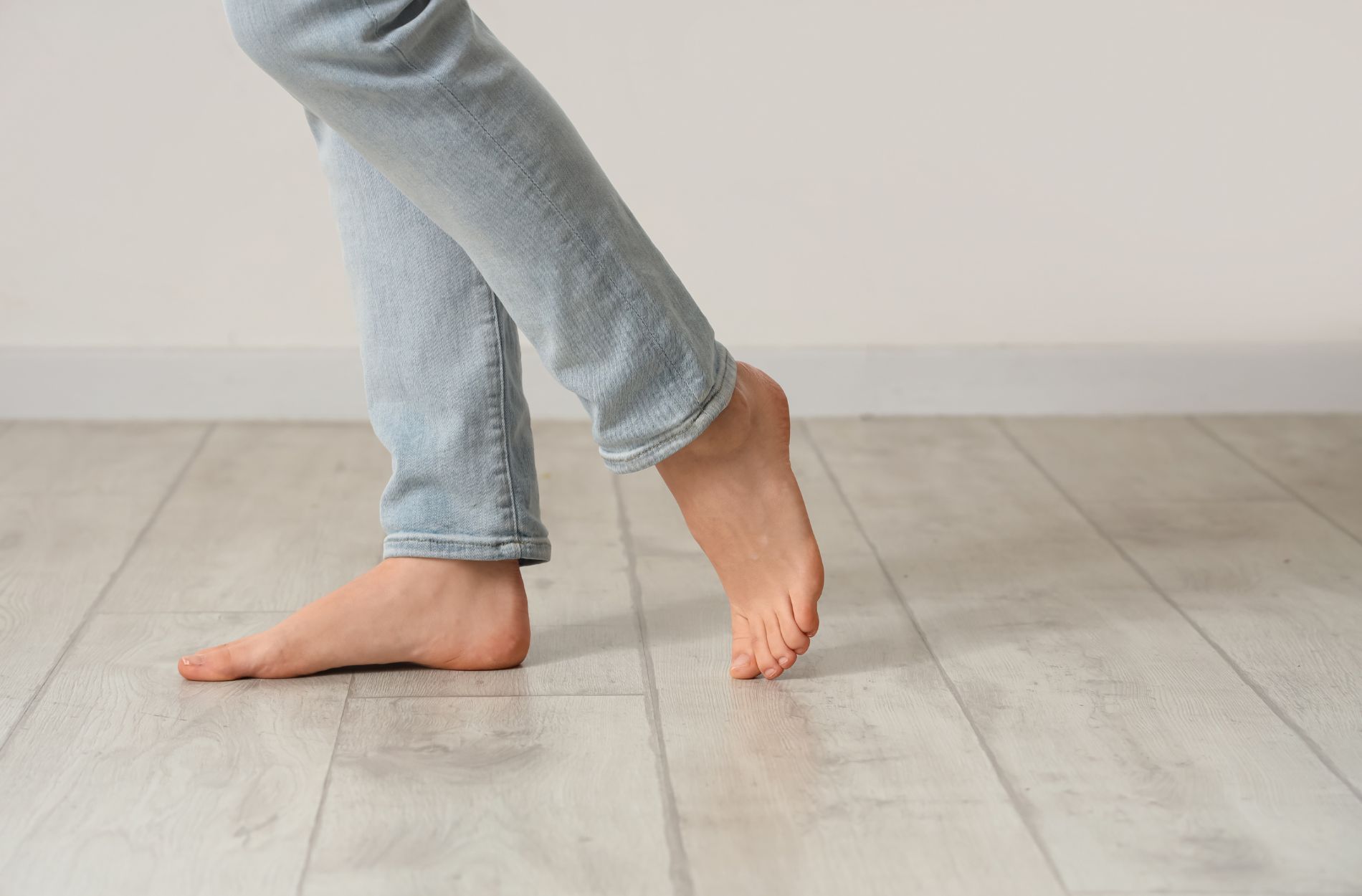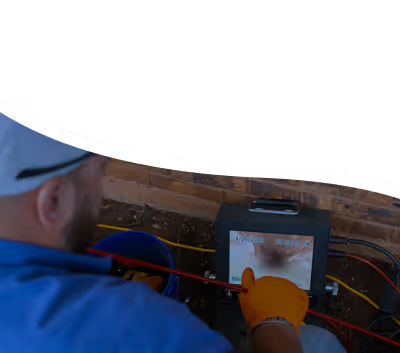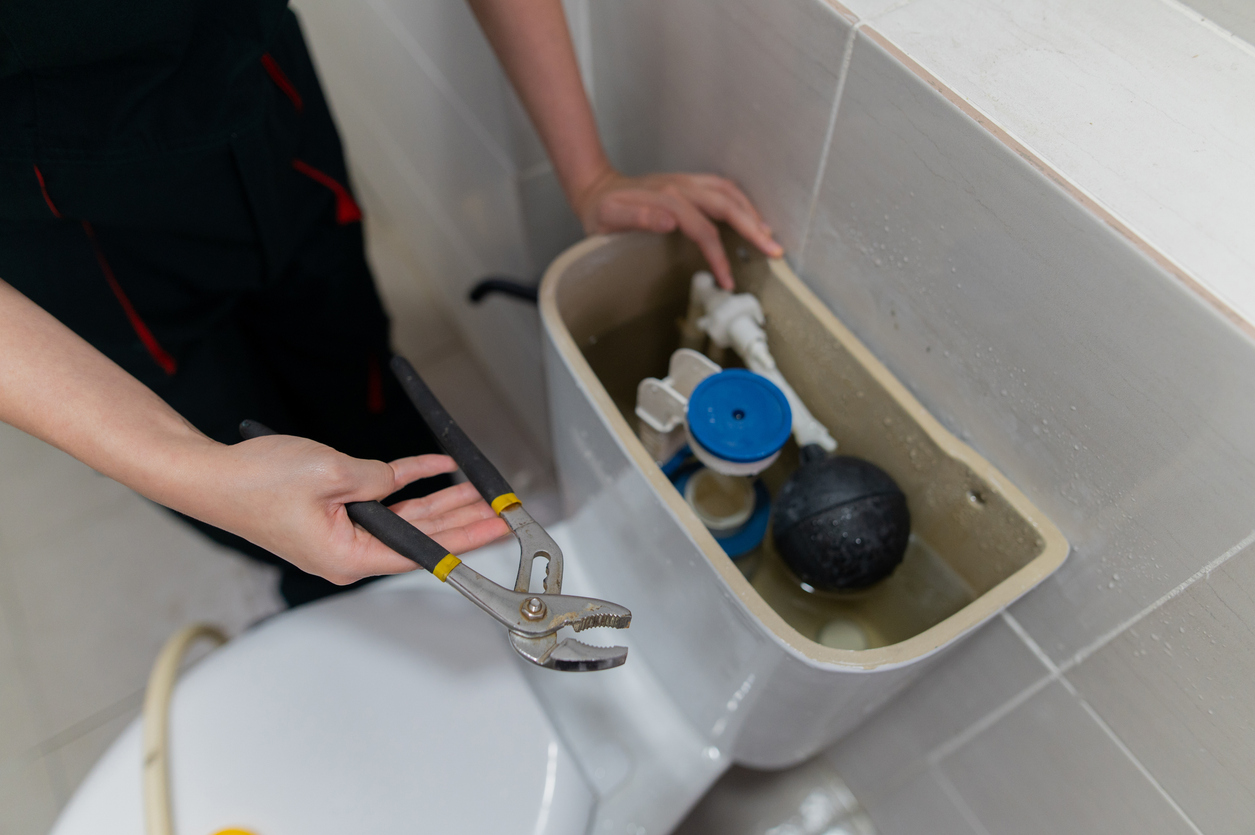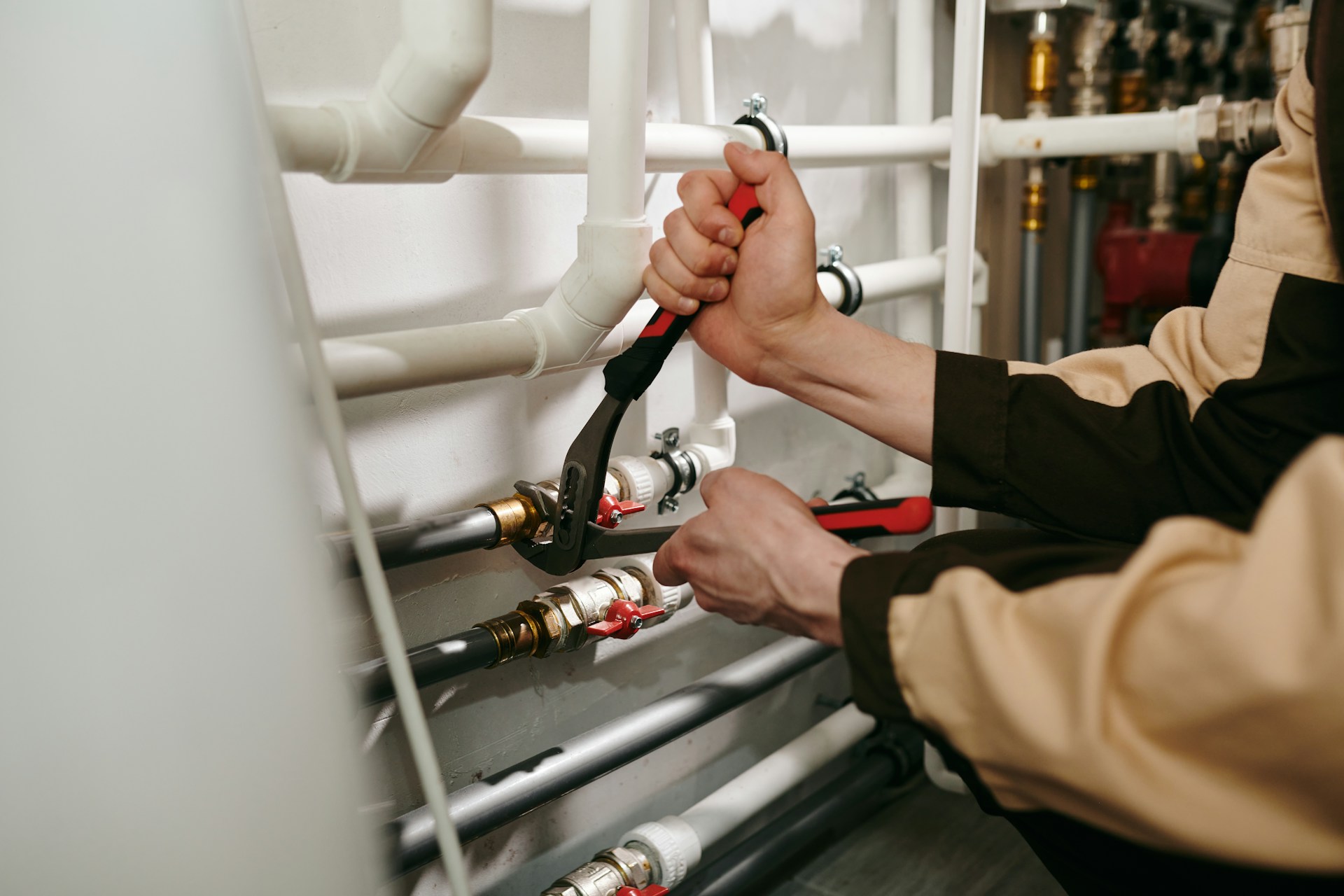If you have ever stepped barefoot onto your floor and noticed that a specific spot feels warmer than the rest, it can raise questions. That warmth may seem minor at first, but over time, it can spread or grow stronger. Many homeowners in Brownwood begin to suspect a problem when that heat shows up without a clear explanation—no sunlight, no heater vent, no appliance nearby. While there are a few possible causes behind this issue, one of the most common and overlooked reasons is hidden plumbing trouble beneath the floor.
Ignoring it can lead to bigger problems than mere discomfort. A warm patch might not be dangerous by itself, but it can be a sign of an issue involving your foundation or your home’s water lines. The longer it goes uninvestigated, the more damage it could cause to your home’s structure, flooring, and even your water bill. Knowing the reasons behind these temperature changes can help prevent unnecessary repair costs and property damage.
Understanding Why Certain Spots on Your Floor Feel Warm
Uneven floor temperature can be confusing. Some homeowners believe it’s connected to outdoor weather, while others think it might be electrical. In most cases, the true source is plumbing-related, and it happens out of sight—beneath your concrete foundation.
Here are the most common reasons your floor might feel warm in isolated patches:
- Radiant floor heating systems: These homes have a heating system installed beneath the floors. If your home doesn’t have this system, warm floor spots should not happen.
- Hot water lines under the slab: Homes with slab foundations often have hot water lines running underneath the concrete. If those lines leak, warm water can escape into the surrounding slab, creating warm spots on the floor.
- Damaged insulation material: Poor or degraded insulation around the pipes can fail to contain heat from the hot water lines, allowing the surrounding surfaces to absorb warmth.
- Electrical issues: Faulty wiring may generate heat, although this is rare and usually presents other red flags, such as flickering lights or burning smells.
A warm patch that remains constant, continues growing, or appears in more than one room should not be ignored. It is often the first warning sign that hot water is leaking beneath the floor slab. These problems can continue quietly for days or even weeks before more noticeable damage shows up. Acting on early signs helps you avoid bigger complications.
The Connection Between Warm Floors and Slab Leaks
A slab leak occurs when a pipe beneath your home’s concrete foundation becomes damaged. This can result from shifting soil, corrosion, construction flaws, or age. When the affected pipe is part of the hot water system, the heat from the leak transfers upward, warming the concrete and then the flooring above.
The presence of a warm area on the floor doesn’t always come with visible signs of damage. You may not see pooling water or dampness. What you might notice is a single tile or area of carpet that feels noticeably warmer than the rest of the floor. Over time, this area may expand, and the heat may stay constant regardless of outside temperature or time of day.
In addition to warm floors, other signs of a slab leak include:
- A sudden increase in your water bill with no obvious reason
- The sound of running or trickling water when no faucets are turned on
- Moisture or damp spots on the floor
- Cracks in flooring or walls due to shifting foundation
Leaving a slab leak untreated can lead to mold growth, weakened flooring, and even structural damage. Addressing the issue early when symptoms like warm floors first appear gives you a chance to protect your home and avoid large-scale repairs.
Detecting and Diagnosing Slab Leaks
Warm areas on floors are often the first indication of a hidden problem beneath the slab. But confirmation requires more than just visual clues. Since the piping is located under concrete, identifying the precise source of the leak usually demands specialized equipment and professional training. Delaying inspection can result in lasting damage, including warping in your floors or cracks as the concrete shifts.
Our professionals use several trusted methods to accurately locate and confirm slab leaks:
- Thermal imaging: Detects temperature differences beneath your flooring
- Electronic leak detection equipment: Identifies the specific point where the leak originates
- Pressure testing: Determines whether pipe pressure has dropped due to a leak
- Acoustic listening devices: Pinpoint the noise of water escaping from below the slab
Thinking the issue will resolve itself or assuming it's minor can worsen the damage over time. A seemingly small leak can slowly erode concrete and adjacent soil, eventually undermining the structural integrity of your home. For a decisive and precise evaluation, it’s best to have our technicians assess the situation once any signs are detected.
Steps to Take If You Suspect a Slab Leak
If you notice signs of a slab leak—such as a warm floor area, an unusual water bill, or unexplained moisture—it’s important to act quickly. The objective is to limit damage and verify the source of the problem before it spreads or causes extensive complications.
Here’s what to do:
1. Monitor the warm spots: Keep track of exactly when and where the warmth shows up. This can assist with diagnosis. Take photos if necessary and recheck the area daily.
2. Stay attentive to sounds: When your home is quiet, listen for the sound of moving or dripping water in unusual places. This could help confirm ongoing leaks.
3. Review recent utility bills: Look for unexpected spikes in your water usage that don’t match your regular habits.
4. Do not break into the slab on your own: Trying to access the area without the right tools can do more harm than good.
5. Contact our professionals for slab leak repair in Brownwood: Our technicians are trained to locate and address these problems efficiently to prevent further risk to your home.
Catching the early signs and reacting promptly can prevent large repairs later. It's about more than fixing a burst pipe—it's about protecting the stability of your entire property.
Preventative Measures and Maintenance Tips
While not all slab leaks can be prevented, you can reduce the risk with awareness and regular attention to your plumbing system. Homeowners in Brownwood can use the following practices to stay ahead of early warning signs:
- Monitor water pressure: High water pressure can stress your pipes. Symptoms include leaking fixtures, banging noises, or stuck handles.
- Schedule regular plumbing checks: Even when nothing seems wrong, periodic evaluations from our professionals can help identify potential weaknesses early.
- Limit chemical drain cleaners: Strong chemicals break down metal pipes and cause premature wear and tear.
- Watch nearby landscaping: Tree roots searching for water can apply pressure to underground lines, eventually penetrating them or the surrounding slab.
Staying aware of small changes within your home—such as damp carpet or new warmth underfoot—can catch issues early. Preventative steps, along with yearly inspections, can help you avoid emergency repairs and long-term structural trouble.
Ensure Your Home’s Safety and Efficiency
Slab leaks do more than warm your floor—they can unsettle the foundation, introduce excess moisture indoors, and strain your home systems. By acting quickly and handling repairs the moment warning signs come up, you help protect your home’s structure, keep energy waste under control, and create a safer living space for your family.
A prompt repair means less moisture where it doesn’t belong, more reliable plumbing, and less strain on your home’s systems over time. In Brownwood, where many homes rely on slab foundations, noticing something unusual on your floor could be your first clue to a deeper issue.
Paying attention to the signs and involving our professionals early goes a long way in preventing foundation challenges and keeping your home efficient and safe. Slab leaks don’t usually fix themselves—they get worse. Knowing what to look for and who to call makes all the difference.
If you notice unexplained floor warmth or a rising water bill, it may be time to have hidden leaks inspected by our professionals at Midway Plumbing. Addressing a slab leak repair in Brownwood can help safeguard your home from further damage. For a quick estimate or to book a service visit, please contact us today.










